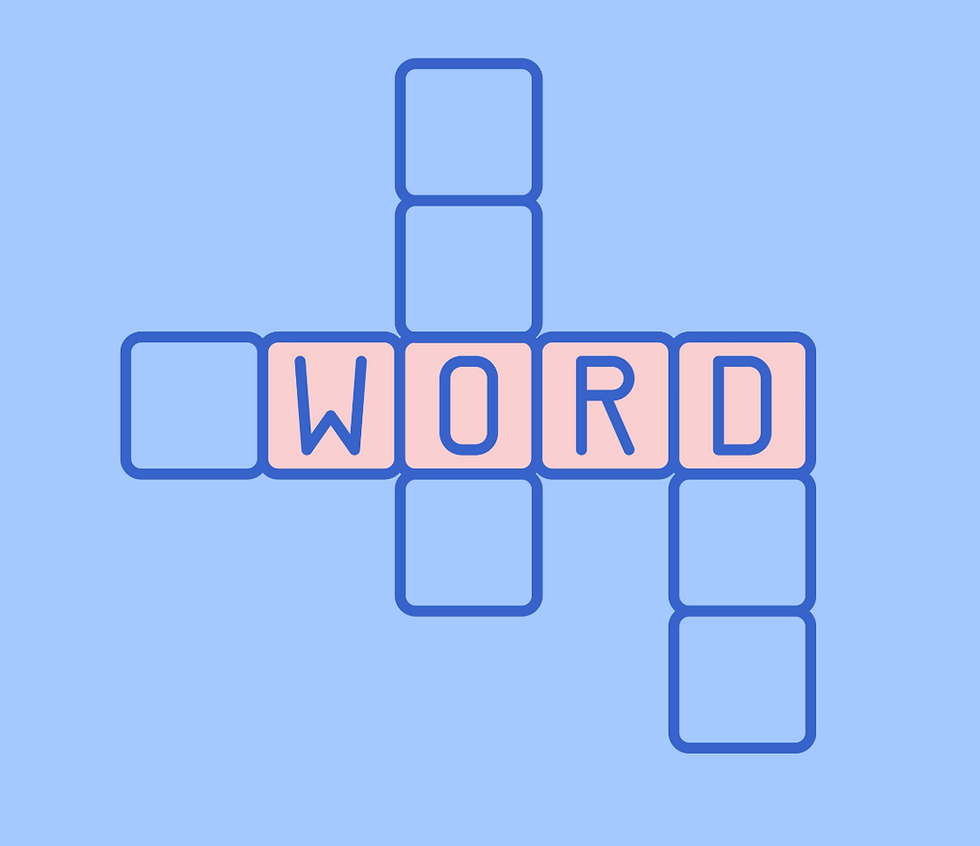What to Expect from Post-Diagnosis Support & Neurodivergent Self-Discovery Sessions
- Kate Boot
- Jul 30
- 4 min read

Getting your diagnosis, or sitting with thoughts like 'Am I ADHD?', 'Am I autistic?', or 'I dunno, if I'm both' whilst doing countless hours of research into these identities, can bring up all sorts of feelings. Once you're diagnosed, or reach a conclusion for yourself, there is still this huge evolution of self and identity to process.
If we're fortunate to access formal assessment and diagnosis, it offers an explanation, but doesn't necessarily offer a description. Diagnostic assessments don't go into depth, exploring sensory and communication profiles. Likewise, if you're self-identifying, we've access to many freely available resources, however, that's not to guarantee their robustness, reliability or ability to help us make sense of our individual experiences.
So, we can still feel like we're unsure what it means for us.
That's where Post-Diagnosis Support & Neurodivergent Self-Discovery Sessions come in.
You might be wondering, "Will this help? Will I be understood? Am I even 'autistic enough' to need support?" (Spoiler: you don’t need to prove anything here.)
This space is for you.
It’s for autistic, ADHD, and otherwise neurodivergent people who want a deeper understanding of themselves—especially in the messy, beautiful time after discovering a name for your experiences. Maybe you’ve masked for years. Maybe you’ve been dismissed by systems that didn’t see you. Maybe you’re just starting to ask new questions. Let’s meet you there.
What is Post-Diagnosis & Self-Discovery Support?
This isn’t necessarily therapy, though it should feel therapeutic. It’s a space for learning, unlearning, and making sense of your identity on your own terms. A space to develop language for your own experiences, on your own terms.
Together, we could explore:
What your diagnosis (or self-identification) means to you, outside of deficit-based language
Your sensory profile, communication style, values and needs
The concept of camouflaging, including masking, burnout, monotropism, rejection sensitivity, and more
Tools for self-advocacy, boundary-setting, and thriving—not just surviving
How past experiences might be understood differently through a neurodivergent lens
What you want next—for work, education, relationships, rest, joy.
We might do this by using a variety of tools, including assessment measures. Whatever we use, we'll decide on it together.

What Happens in a Session?
Sessions are shaped around you. We might use visual tools, reflective prompts, scripting support, sensory check-ins, or just space to talk and think aloud. We can go gently, take pauses, or get nerdy about dopamine—whatever feels most supportive.
In our first session, we’ll usually talk about:
Why you’ve reached out now
What you'd like to explore or understand
Your hopes (and any worries) for our work together
Any accessibility needs—whether that’s cameras off, slower pace, asynchronous communication options, or structure in advance
You don’t have to"have it all worked out"—in fact, most people don't. You're allowed to bring tangents, contradictions, and blank pages (literally, or metaphorically).
"Kate provides a warm safe space, with no pressure to move at a pace I'm not ready for, but she somehow always gives me the right "nudge" just when I need it. She is highly knowledgeable about all things neurodiversity/divergence related, and has helped me start to make sense of how my own thinking style and neurotype affect the work that I do and the things that are important to me.
She is so kind and supportive - very strengths focused, but also able to gently hold and explore difficulties together, helping me find the language I need to frame my experiences, feelings, or goals. She is a highly experienced therapist, with strong clinical insight and understanding. I always come away from our sessions feeling positive and ready to take the next step forward - I would wholeheartedly recommend her services.”
Where Do Sessions Take Place?
Most sessions are held online, via Zoom, so you can join from home, in your joggers, with a comfort Squishmallow, fidget toy or cuppa in hand. A small number of in-person slots are sometimes available at The Mulberry Rooms (South Devon) if that’s something that supports your regulation.
Sessions are usually 60–90 minutes, with breaks accommodated, and can be booked as a one-off, short-term block, or longer-term support. I also offer creative resources, post-session summaries, and options for couples/family sessions where useful.
Is This the Right Space for Me?
If you’ve been left with more questions than answers after a diagnosis…
If you’re craving language that feels kind, accurate, and yours…
If you want to understand your needs and navigate internalised ableism or shame…
If you’re tired of doing it all alone…
Then yes. This space is for you.
What Next?
If you're Devon-based and curious, why not join me at one of two taster workshops this September, at The Mulberry Rooms. I'll be hosting a taster workshop “Beginning with Me” for adults, and “Supporting Your Neurodivergent Child” for parent carers.
If you're looking for something else, or online support, you're welcome to book in for a free discovery call, where we can chat about what you're looking for.
I hope to chat soon!
Note: Depending on your individual situation, you may wish to consider accessing psychological therapy alongside our work. This is something I'm happy to talk with you about and would recommend checking out the Autistic Therapists Directory and the Neurodivergent Practitioners Community to find the right therapist.

Comments